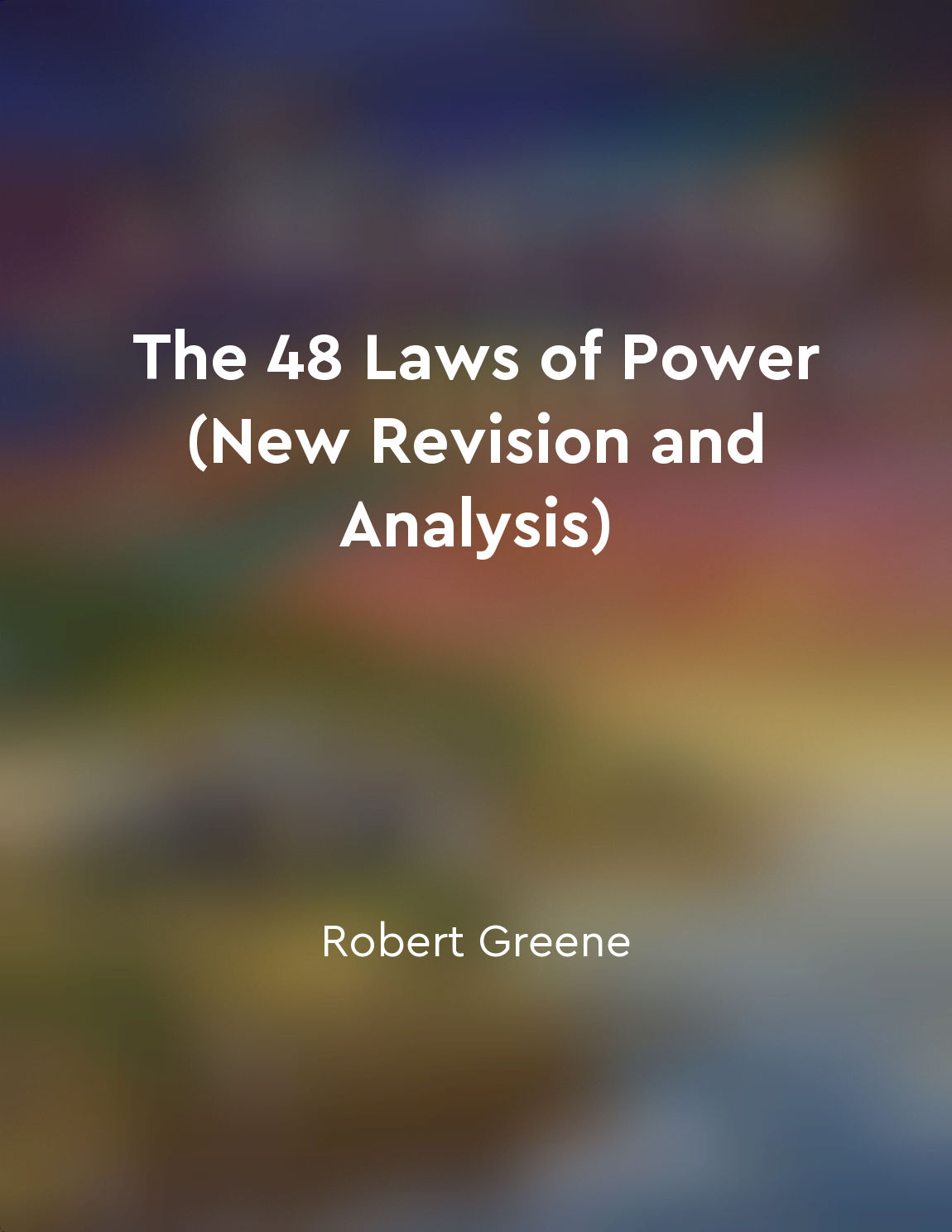Popper rejects the notion of historical destiny from "summary" of The Poverty of Historicism by Karl Popper
Popper argues against the idea that history is predetermined or guided by some form of destiny. He asserts that historical events are the result of human actions and decisions, rather than being preordained by some external force. Popper believes that the notion of historical destiny is not only unfalsifiable but also dangerous. By attributing historical events to a predetermined destiny, individuals may become complacent and fail to take responsibility for their actions. Popper emphasizes the importance of human agency in shaping history. He argues that individuals have the power to make choices and decisions that influence the course of events. Rather than being passive actors in a predetermined script, humans are active participants who can shape the future through their actions. Popper rejects the idea that history follows a predetermined path towards a specific end goal. He believes that such a deterministic view of history is not only misleading but also limits our understanding of the complexity and unpredictability of historical events. According to Popper, the belief in historical destiny can lead to dangerous ideologies, such as determinism and totalitarianism. These ideologies suggest that history is moving inexorably towards a preordained endpoint, and that individuals have no control over the course of events. This mindset can justify oppressive regimes and the suppression of individual freedoms in the name of fulfilling a supposed historical destiny. Popper argues that such ideologies are based on a flawed understanding of history and human agency. In rejecting the notion of historical destiny, Popper advocates for a more open and critical approach to understanding history. He encourages individuals to question and challenge deterministic views of history, and to recognize the role of human agency in shaping historical events. By rejecting the idea of historical destiny, Popper emphasizes the importance of individual responsibility and the need for a more nuanced and complex understanding of history.Similar Posts

Knowledge and wisdom are lifelong pursuits
My dear Indu,Learning never stops, my child. It is a lifelong journey that we must embark upon with eagerness and curiosity. Kn...

Keep your word
To be powerful, you must be known for keeping your word. Your reputation for trustworthiness is one of the most valuable assets...
Geographic advantages lead to political power
Geographic advantages can play a crucial role in determining which societies rise to power and influence on the global stage. T...
Historians must be aware of their biases and assumptions
Historians, in their quest to understand the past, must confront the fact that they are not impartial observers but rather indi...

Play the long game
Playing the long game is a strategy that requires patience, foresight, and the ability to see beyond immediate gains. It involv...
The open society is a dynamic and evolving entity
The open society is not a fixed or static structure; rather, it is a constantly changing and developing entity. It is a society...
Historians interpret and analyze evidence
Historians are not mere collectors of facts; they do not simply recite what happened in the past. Instead, their task is to int...
